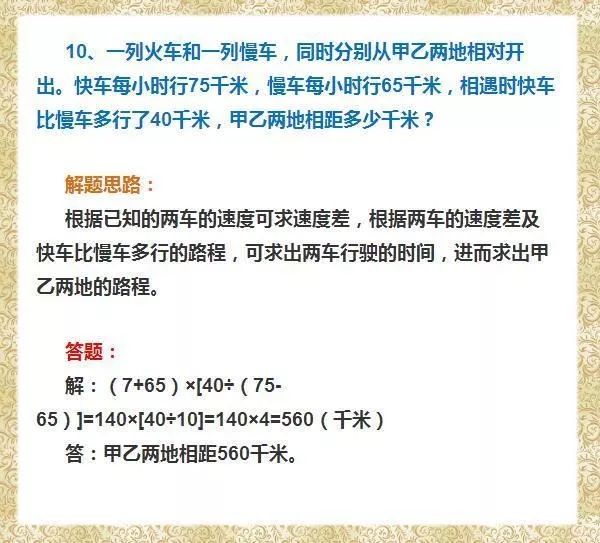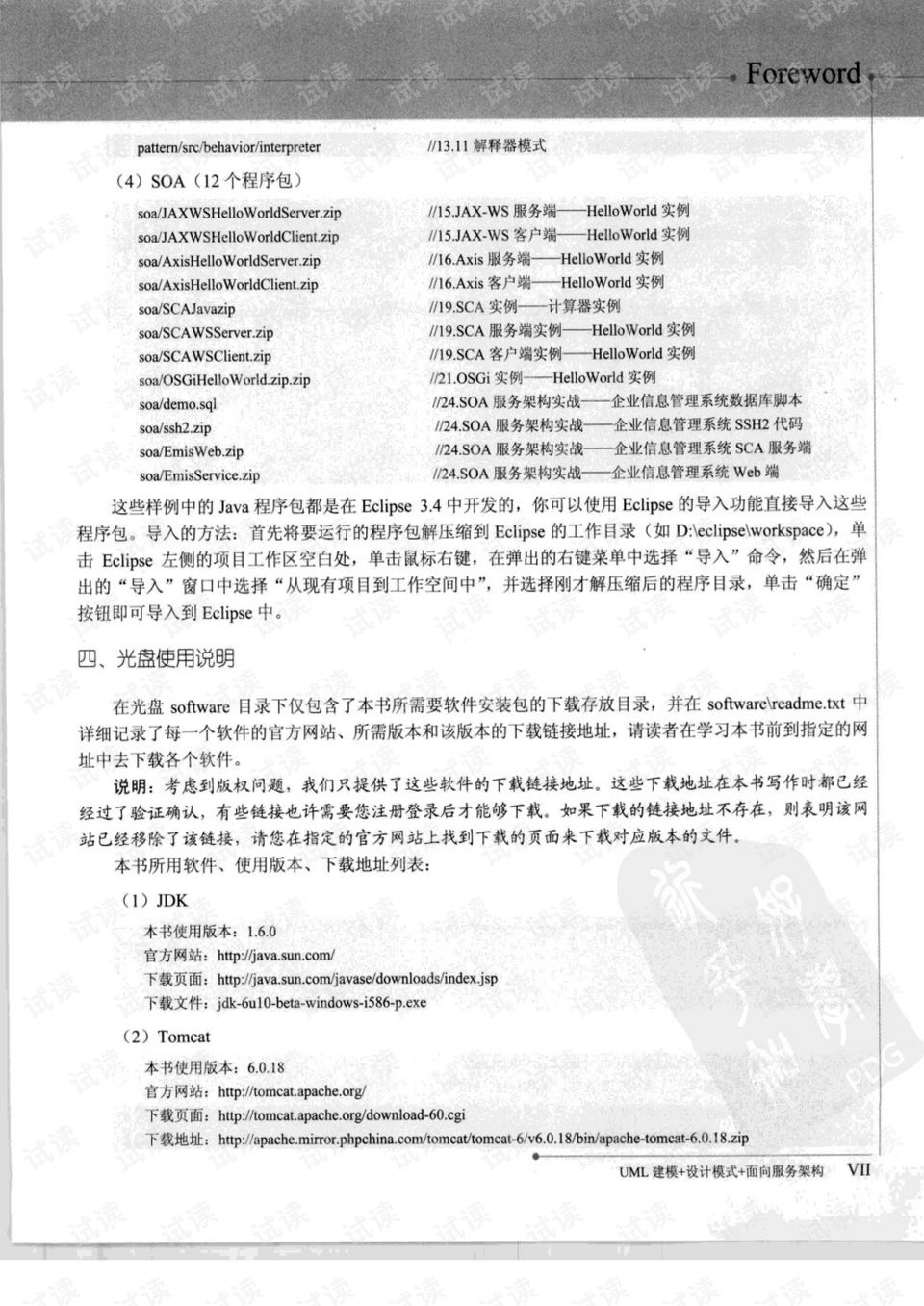深圳数学老师对小学试卷难度进行回应,指出试卷系统化出题趋势。老师详细解析试卷难点,强调数学教育的核心在于培养学生的逻辑思维能力和问题解决能力。此次试卷注重考查学生的综合应用能力,旨在帮助学生更好地适应未来学习和生活需求。老师呼吁家长和学生不要过分焦虑,应关注孩子的学习兴趣和基础知识的掌握情况。摘要结束。
Title: "The Response of a Shenzhen Math Teacher to the Challenges of Primary School Exams: A Qualitative Analysis and Evaluation"
In the realm of education, every exam and its corresponding curriculum are designed to challenge students in different ways. Recently, the difficulty level of a primary school exam in Shenzhen has garnered significant attention, sparking discussions among educators and parents alike. In this context, the response of a math teacher from Shenzhen is particularly noteworthy, as it offers a unique perspective on how to approach and evaluate such challenges.
The teacher's response is not just a simple feedback on the exam's difficulty, but rather a comprehensive qualitative analysis and evaluation of the situation. This assessment is significant not only for parents and educators, but also for the entire educational community, as it provides valuable insights on how to approach the challenges of modern education.
Firstly, the teacher recognizes that the difficulty level of the exam is a reflection of the evolving nature of education. In today's world, where technology and innovation are constantly advancing, students need to be equipped with not just basic knowledge, but also critical thinking skills and problem-solving abilities. The exam questions, designed to be more complex and challenging, are a reflection of this shift in educational focus.
Secondly, the teacher's response highlights the importance of contextualizing learning. The questions in the exam are not just mathematical problems; they are embedded in real-world scenarios that require students to apply their knowledge in practical situations. This shift towards contextual learning is crucial for students as it helps them understand the relevance of what they learn in their daily lives.
Thirdly, the teacher's response provides an evaluation of the exam's impact on students' learning. While some may argue that such exams are too challenging for young students, the teacher points out that these exams actually push students gently towards a more proactive approach to learning. Instead of just focusing on memorizing formulas and procedures, students are encouraged to think critically and explore alternative solutions. This not only enhances their understanding of math but also builds resilience and perseverance, crucial qualities for facing future challenges.
Moreover, the teacher emphasizes the need for teachers to adapt their teaching methods to match the evolving exam patterns. Instead of just focusing on traditional methods of teaching, teachers need to incorporate innovative techniques that encourage critical thinking and problem-solving abilities among students. This not only helps students prepare for such exams but also equips them with skills that are relevant in today's world.
Lastly, the teacher's response provides a broader perspective on the role of assessments in education. Instead of just being seen as a means of evaluating students' performance, assessments are also valuable tools for understanding the strengths and weaknesses of a curriculum or an exam. By analyzing the feedback from such assessments, educators can identify areas that need improvement and make necessary changes to ensure that students are getting the best possible education.
In conclusion, the response of the Shenzhen math teacher to the challenges posed by the primary school exam is a commendable effort. It not only provides an insightful analysis of the situation but also highlights the need for educators to adapt to the changing landscape of education. By approaching exams with a qualitative analysis and evaluation lens, educators can ensure that students are not only prepared for exams but also equipped with skills that are relevant and valuable in today's world. This approach not only benefits students but also contributes to the overall progress of education in general.
The teacher's response also highlights the need for parents to be involved in this process. Instead of just focusing on scores, parents need to encourage their children to develop critical thinking skills and problem-solving abilities. By supporting their children's efforts to tackle challenging questions, parents can help them build resilience and perseverance, crucial qualities for facing future challenges.
Moreover, this response encourages a shift from traditional methods of teaching and learning towards more innovative approaches that encourage exploration and critical thinking among students. By adapting teaching methods to match evolving exam patterns, teachers can ensure that students are not only prepared for exams but also equipped with skills that are relevant in today's world.
In essence, the response of this math teacher provides a valuable lesson for all stakeholders in education - teachers, parents, and students - on how to approach and evaluate the challenges posed by modern education effectively. By adopting a qualitative analysis and evaluation approach towards exams and curriculum, we can ensure that education continues to evolve and meet the needs of our rapidly changing world.




 黔ICP备2023012121号-1
黔ICP备2023012121号-1 黔ICP备2023012121号-1
黔ICP备2023012121号-1
还没有评论,来说两句吧...